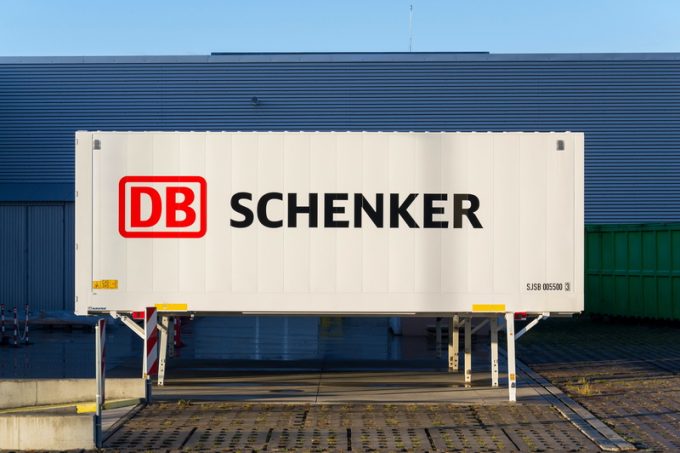The right customs plan will be a gamechanger, Maersk warns shippers
As the ‘Liberation Day’ tariff reassessment looms, Maersk has urged shippers and forwarders to pay ...

The behind-the-scenes PR war between DSV and CVC Capital for DB Schenker looks set to come to a close, following a report that DSV is the preferred bidder.
The bid still must be approved by Deutsche Bahn’s supervisory board, which is thought to be on 18 ...

Comment on this article